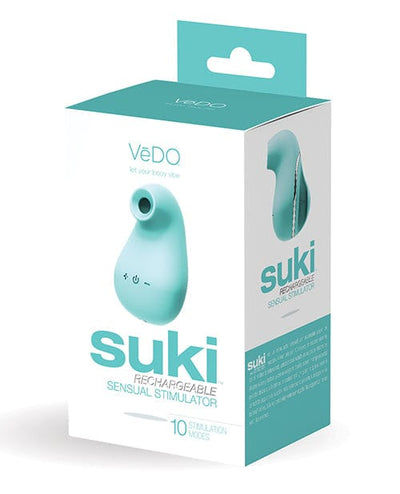Ask a Sex Therapist: Will Testosterone Cream Cause Women to Grow Testicles?

Is a Diminished Sex Drive in Your 50's Normal?
Dear Cay,
I am a 55-year-old postmenopausal woman with no sex drive. I once had a great sex life with my husband. Now, I’m not interested at all. I thought this would be the best time of my life as far as sex was concerned.
I went to see my ob/GYN and he said get used to it, this is what happens when you get older. I was very depressed and upset.
Then I saw another doctor. He assured me that this was not normal. We decided to alter some of my medications and he gave me a prescription for testosterone cream to be applied during foreplay to the external genitalia.
I was very happy with the results until I had a conversation with a friend who has the same problem. She asked her doctor about the cream and he said that it would make her grow testicles.
Is this a common problem at my age? Is it safe to use and what are the side effects of the cream? And what else can we do since we thought this would be the best time of our lives (we feel cheated!)?
Elsa
What Causes Loss Of Sexual Desire In Women?
Elsa,
I admire your persistence; it will serve you well with this issue.
It is more common for women who have had hysterectomies to complain of no sexual desire. When a woman goes through menopause naturally or with hormonal support, she experiences less impact on her interest in sex. Usually, a loss of sexual desire is the result of a hormonal imbalance. Given that estrogen declines during menopause, this makes sense. And if you disturb one hormone in the body, all the other reproductive hormones are thrown off as well. It is the balance between the hormones that is important.
Sex During Menopause
Tell your friend that she needs a new doctor. It is impossible to hormonally form testicles out of female genital tissue. No amount of testosterone could make that happen. The topical cream you are using is absorbed through the skin and only affects the areas you apply it to. Very little, if any, of the testosterone actually gets into your bloodstream to cause side effects. That is the reason for applying it only to the external genitalia.
If a woman consistently ingests too much testosterone, she may develop facial hair, acne, a deepening of the voice, an enlarged clitoris, and male pattern baldness. But nothing can make a woman grow cajones in the literal sense – the figurative sense is another matter!
The use of hormones is a rather individual process based on your medical history and your hormonal levels. Your doctor is the best one to consult about the use of hormones. A person’s response to hormones is rather idiosyncratic so your journey into using them will be trial and error. If you find something that works for you, stick with it.
Common knowledge allows people to believe that age plus menopause equals a lack of sexual desire but plenty of women experience a new-found zest for life during menopause. Their sexual desire skyrockets with their freedom from a job, home, kids, etc. Menopause is often treated by modern medicine as a disease. You had a shift in your body particular to middle-aged women but it is not an illness.
Many menopausal women simply need to relearn what works for them sexually rather than relying on how things used to be. Try turning your brain on before your body; watch an erotic movie or read a sexy story. Play around with self-stimulation to learn about your new normal and educate your partner. It may take you longer to get aroused. You may require different types of stimulation. Oral sex might not be enough or it might be the only type of stimulation that works. Try a more intense vibrator. Try manual stimulation. Delay shifting to penetrative sex until you have already had an orgasm. Do not rely on vaginal lubrication as an indication of arousal. Sex Educator, Dr. Emily Nagoski, in her book, Come As You Are, writes that learning about your accelerators (what turns you on) and your brakes (what turns you off) and finding the right balance between the two is essential for desire and arousal. This is part of what changes for post-menopausal women; perhaps your accelerators and your brakes have shifted. For example, I bet a big brake for you is being too tired for sex. So only entertain sexual activity in the morning or the afternoon or when you are well-rested. Most couples who have been together a long time develop sexual patterns. Now is the time to break out of a few of those patterns, still within your comfort zone but different enough to introduce novelty. An AASECT-Certified sexuality professional in your area could help you and your husband explore this issue further. You can find one at aasect.org






Leave a comment